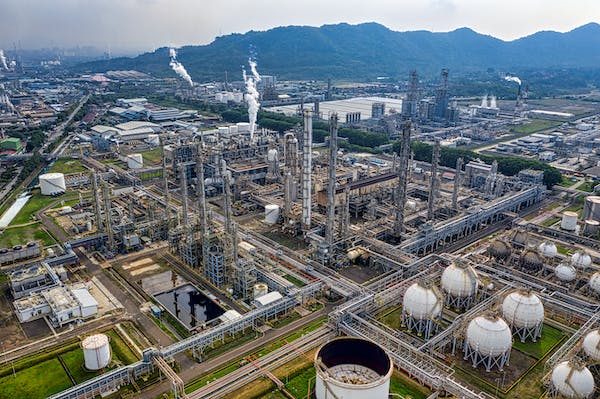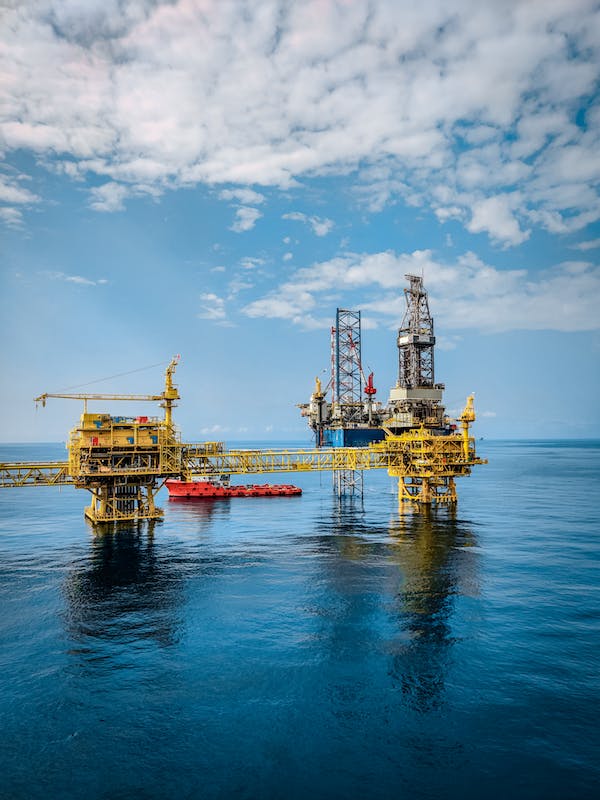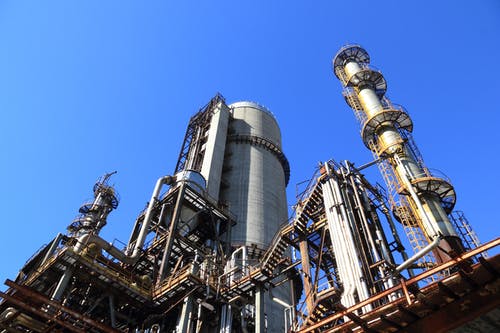The oil and gas industry is one of the most important industries in the world. It is responsible for providing energy that powers homes, businesses, vehicles, and other activities. It is also one of the most challenging industries, particularly due to its demanding nature.
The oil and gas industry is a complex network of exploration, development, production, and refining processes. Each subsector of the oil and gas industry has its own set of challenges. Exploration involves locating potential resources and assessing their viability. Development involves the process of drilling and production of oil and gas resources. Refining then processes those resources into useful products.
Each subsector of the oil and gas industry presents its own set of challenges. For example, the exploration process requires a great deal of advanced technical expertise. Those involved need to have a deep understanding of geology, engineering, and economics. It is also a costly process, and one that involves considerable risk. Similarly, the development process demands expert knowledge and skilled labor, along with significant capital investments.
The refining process is also an incredibly complex process. It requires a great deal of experience, as well as specialized equipment. In addition, refining processes produce a wide range of hazardous materials, including volatile organic compounds (VOC). Regulations and safety protocols must be taken into account when it comes to refining in order to ensure the safety of workers and the environment.
The oil and gas industry is also a highly regulated industry. Governments around the world monitor and regulate the industry to ensure safety standards. They also ensure the sustainability of resources, and that companies are operating responsibly. This creates a challenge for companies operating in this sector, as they need to be up to date on relevant regulations and ensure compliance.
In addition to the technical and regulatory challenges, the oil and gas industry is also an extremely competitive sector. Companies must be able to compete with each other on pricing and terms of production and service. They must also be able to navigate global markets and an ever-evolving political and economic landscape. This requires an understanding of a variety of topics, and staying ahead of trends and changes in the industry.
The oil and gas industry is a challenging one, with a lot of moving parts. Those who work in this sector must be very knowledgeable, and must be able to handle the complexities of exploration, development, production, and refining. They must also be up to date on relevant regulations, and must be able to navigate ever-changing markets. Those willing to take on the demands of this sector can expect a rewarding and challenging career.







